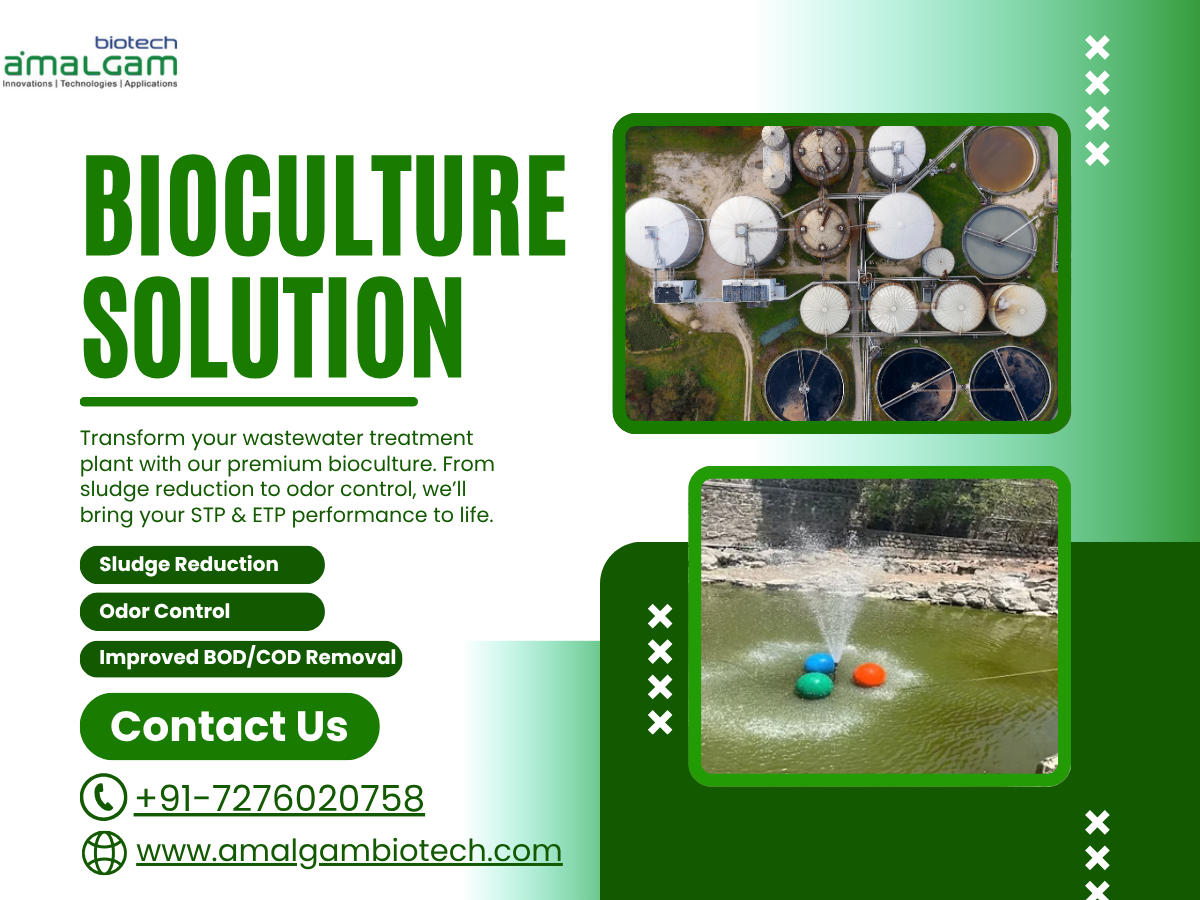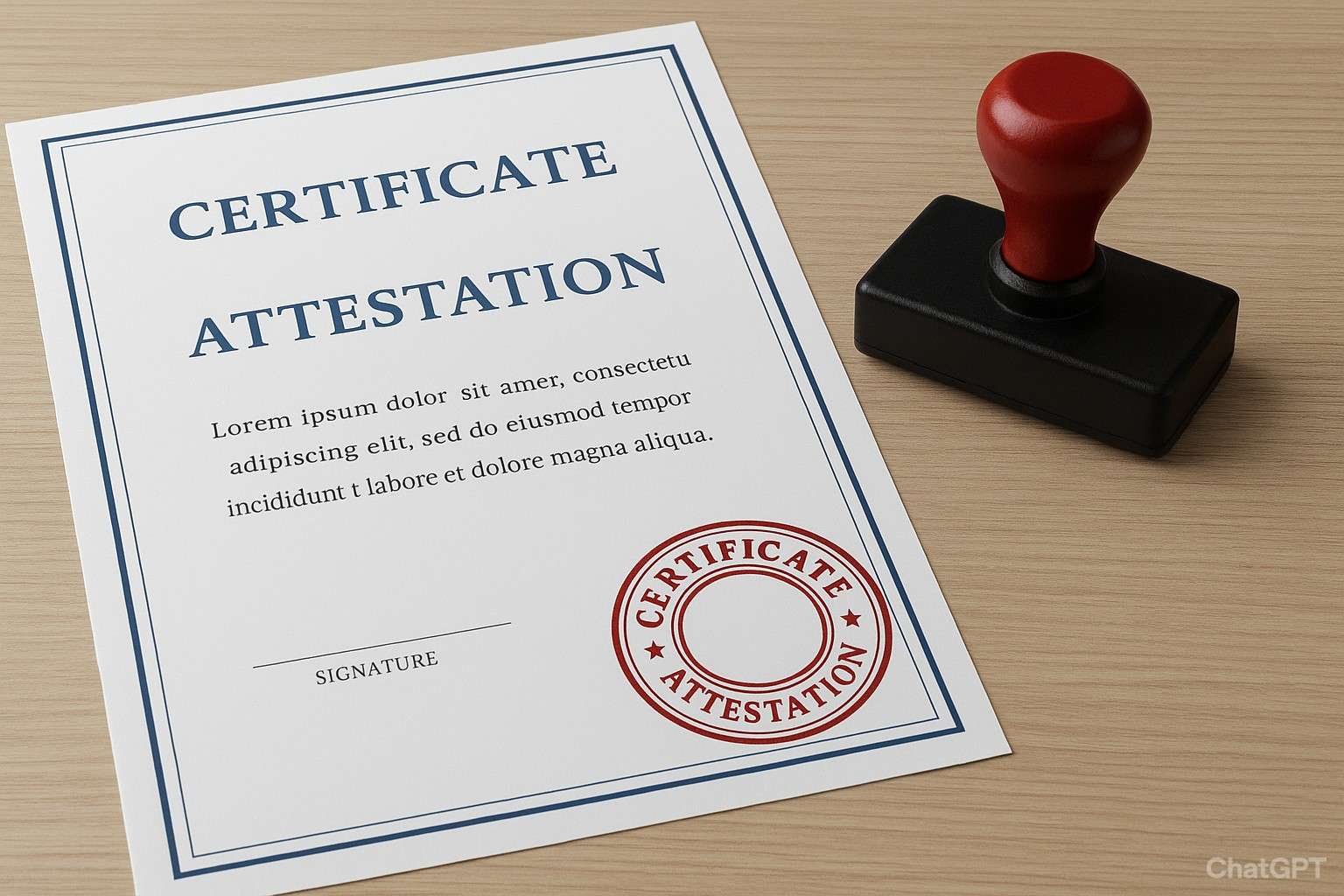As industries continue to grow, so does the volume and complexity of wastewater they generate. From manufacturing and pharmaceuticals to food processing and textiles, each sector faces unique challenges in managing organic waste and meeting environmental compliance. Traditional chemical treatments often fall short in terms of sustainability and long-term effectiveness.
This is where bioculture for wastewater treatment has emerged as a game-changer—offering a natural, eco-friendly, and highly efficient way to restore water quality and maintain optimal system performance.
What is Bioculture and How Does It Work?
Bioculture refers to a carefully formulated blend of beneficial microorganisms that help break down organic pollutants present in wastewater. These microbes actively degrade compounds such as fats, oils, grease (FOG), dyes, and other biodegradable contaminants, significantly reducing Biological Oxygen Demand (BOD) and Chemical Oxygen Demand (COD) levels in the process.
When added to sewage treatment plants (STPs), effluent treatment plants (ETPs), or septic systems, these microbial cultures accelerate the biological decomposition of waste, leading to improved treatment efficiency, less sludge formation, and cleaner discharge.
Unlike chemical treatments, biocultures work naturally and continuously, maintaining system stability without harming the environment or infrastructure.
The Role of Bioculture in Industrial Wastewater Treatment
In industrial wastewater treatment, operational consistency and environmental compliance are top priorities. However, industries often struggle with fluctuating influent loads, shock loads, or imbalanced microbial populations within treatment systems. These issues can result in odour problems, poor effluent quality, and increased maintenance costs.
Introducing bioculture helps stabilize the biological ecosystem within the treatment plant. The specialized microbes quickly adapt to the wastewater composition, digesting organic matter and restoring microbial balance. This leads to:
Reduced sludge build-up, lowering disposal costs.
Enhanced biogas generation in anaerobic systems.
Improved nutrient removal, especially nitrogen and phosphorus.
Minimized odour emissions, reducing the need for chemical neutralizers.
By integrating bioculture into daily plant operations, industries can achieve long-term operational efficiency while meeting discharge norms effortlessly.
Eco-Friendly Odour Management Through Biological Means
Odour is one of the most common by-products of wastewater treatment and industrial processes. The unpleasant smell, usually caused by hydrogen sulphide and volatile organic compounds (VOCs), can affect workplace conditions and surrounding communities.
While chemical deodorants and scrubbers provide temporary relief, they do not address the root cause. A more sustainable approach involves treating the source of the problem using natural microbial action.
Bioculture-based systems function as an industrial odour neutralizer, breaking down the compounds that cause foul smells rather than masking them. This method ensures long-lasting odour control while maintaining ecological balance. As a result, facilities benefit from cleaner air, safer working conditions, and improved community perception—all without relying on harsh chemicals.
The Science Behind Amalgam Biotech’s BactaServe Range
Amalgam Biotech has been at the forefront of developing advanced biological products that make wastewater treatment more sustainable and effective. Their flagship BactaServe Bioculture range is a collection of high-performance microbial formulations engineered to target specific treatment challenges across multiple industries.
Each product is designed for a particular process or contamination type—whether aerobic, anaerobic, or nutrient removal applications. Some key examples include:
BactaServe FOG Control: For degrading fats, oils, and grease in kitchen drains, grease traps, and food processing units.
BactaServe Dairy & Pharma: Formulated to treat high-strength organic loads from dairy and pharmaceutical effluents.
BactaServe Anaerobic: Enhances biogas generation and stabilizes digester performance.
BactaServe Nutrient Removal: Designed to improve nitrogen and phosphorus removal in treatment plants.
This scientific precision ensures that every industrial sector—from pulp and paper to petrochemical—receives a solution tailored to its unique waste composition and treatment goals.
Why Bioculture Is the Future of Wastewater Management
The global shift toward green technologies has made bioculture for wastewater treatment a preferred choice for both public and private sectors. It offers multiple advantages over conventional chemical methods, such as:
Sustainability: 100% biodegradable and environmentally safe.
Cost-Effectiveness: Reduces the need for frequent chemical dosing and sludge handling.
Consistency: Stabilizes system performance even under variable load conditions.
Compliance: Helps meet pollution control board standards with ease.
Odour Reduction: Works as a biological alternative to traditional odour neutralizers.
As regulations tighten and sustainability goals become central to industrial operations, bioculture solutions are set to play a defining role in future wastewater management strategies.
Amalgam Biotech: Pioneering Biological Wastewater Solutions
With over a decade of expertise in microbial research and environmental engineering, Amalgam Biotech continues to lead the transformation toward cleaner, greener, and more efficient treatment systems. Their focus on innovation, quality, and sustainability has positioned them as a trusted partner for industries seeking to optimize wastewater treatment performance without compromising environmental integrity.
Through its BactaServe line, the company empowers industries to replace harmful chemicals with natural biological systems that work smarter, safer, and longer. From improving biogas yield to eliminating odours, Amalgam Biotech’s solutions demonstrate how science and sustainability can go hand in hand.
Conclusion
Wastewater treatment is no longer just about compliance—it’s about commitment to a cleaner planet and sustainable growth. By leveraging bioculture for wastewater treatment, industries can turn waste into opportunity, achieving operational efficiency while protecting natural resources.
With its specialized BactaServe formulations and proven track record, Amalgam Biotech is redefining how industries approach water and waste management. Whether you’re dealing with sludge, odour, or nutrient imbalance, bioculture provides the natural answer—an eco-friendly path toward a cleaner tomorrow.



